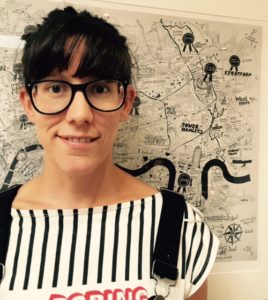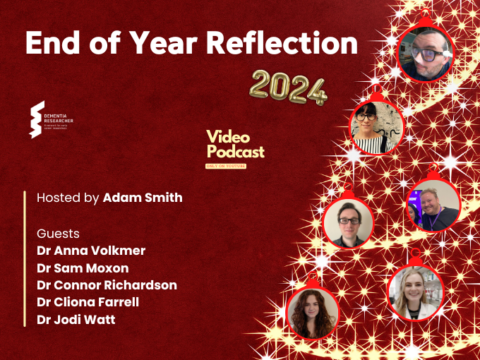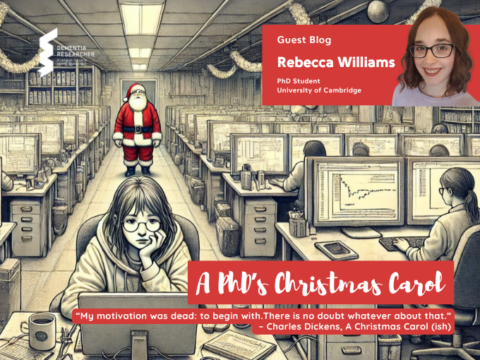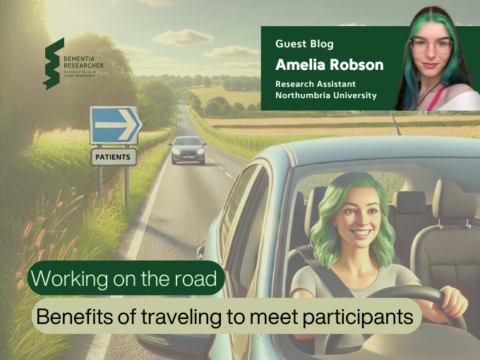So, I was unsuccessful in a grant application. That’s not big news. We’ve all been unsuccessful, and we have all become better at talking about these disappointments. What I find particularly galling is the processes we go through and time investments we make which lead to these rejections. I know intellectually that onwards is the wisest plan. Yet, I also have a deep desire to stamp my feet and throw my toys out of the pram. So I thought I’d use my blog to debrief and de-escalate my minor tantrum.
Despite having a post-doctoral fellowship, I have been advised to keep applying for grants and awards. So this year I really dug in and went for several things. In March I submitted an application for a grant, it was stage 1 application. In July I submitted an application for a small (seed fund) grant from a charity, and in September I went for an internal application for a small grant within the uni. I was also a Co-I on three other things. I didn’t expect much, as it these all seemed like fishing exercises. But also heathy ways of flexing the grant writing muscle to keep it limber. Grant writing is a very different style to other writing. It feels like writing a sales pitch, like you’re weaving evidence in with a persuasive business plan. Alongside the “sell, sell, sell” approach you need to get a finance plan in and approved, and managerial sign off
In July I found out I that the march stage 1 application had gotten through to stage 2. I was quite pleased despite the need to do quite a bit more work. I had to revisit and fine tune the finance section, resubmit, get it signed off internally. Expand my 2 page proposal to 8, provide lots more detail about my collaborators and get department, finance, contracts and collaborators (5 of them) to sign off. Phew. In the mean time I found out that the 2-page application to the charity hadn’t quite met there expectations, but that they’d be happy to consider a response to their main concerns. So I wore a new three page letter.
Unfortunately, those three co-applications were unsuccessful. A disappointing outcome, especially as they had all felt to be exiting, novel and really “hot topics” that were directly related to the specific grant calls they had been submitted to.
In September I found out the charity had been happy with my new letter and gave me just under a thousand pounds! Exciting to have someone else who felt they could invest in me. Even a small amount feels like a great commitment of trust. Around the same time I found out about the UCL equality and diversity small grants and feeling energised by the recent success I went for it- a four page application (No finance or department sign for needed! Phew!).
Come November I received an email with a long list of what seemed like super positive reviews of my July stage 2 application, with several specific concerns. I was feeling hopeful, and I spent a good deal of time over the one-week period I was given (which also happened to fall in my annual leave) on how best to articulate my ideas. No sign off needed, but all the wonderful collaborators contributed to the process.
At the end of November I found out that my UCL equality and diversity grant was funded! Another £2,000.00. Now for the final waiting game. I had been told I would find out about the larger grant in December. Over that time, several colleagues received emails. I waited and waited. In January, a couple of days after the new year, I received an email advising me that my application had not been successful. Hmmm. Anticlimax.
I know that I am starting from a really privileged place. I am 1.5 years into a 5 yr part fellowship. Thanks for listening folks, I feel much better. A psychiatry colleague I worked with once advised, yes, do whinge, do feel anxious and do feel cross. Give yourself permission. I also hold a two day per week permanent contract as a lecturer at UCL. I do a job I really enjoy and get paid for it. New year, new goals. For the forthcoming year I plan to keep applying. Keep knocking on the door and creating new ideas for new research projects.
Author
Dr Anna Volkmer is a Speech and Language Therapist and Senior Research Fellow in Language and Cognition, Department of Psychology and Language Sciences, University College London. Anna is researching Speech and language therapy interventions in language led dementia and was once voted scariest speech and language therapist (even her children agree).

 Print This Post
Print This Post





